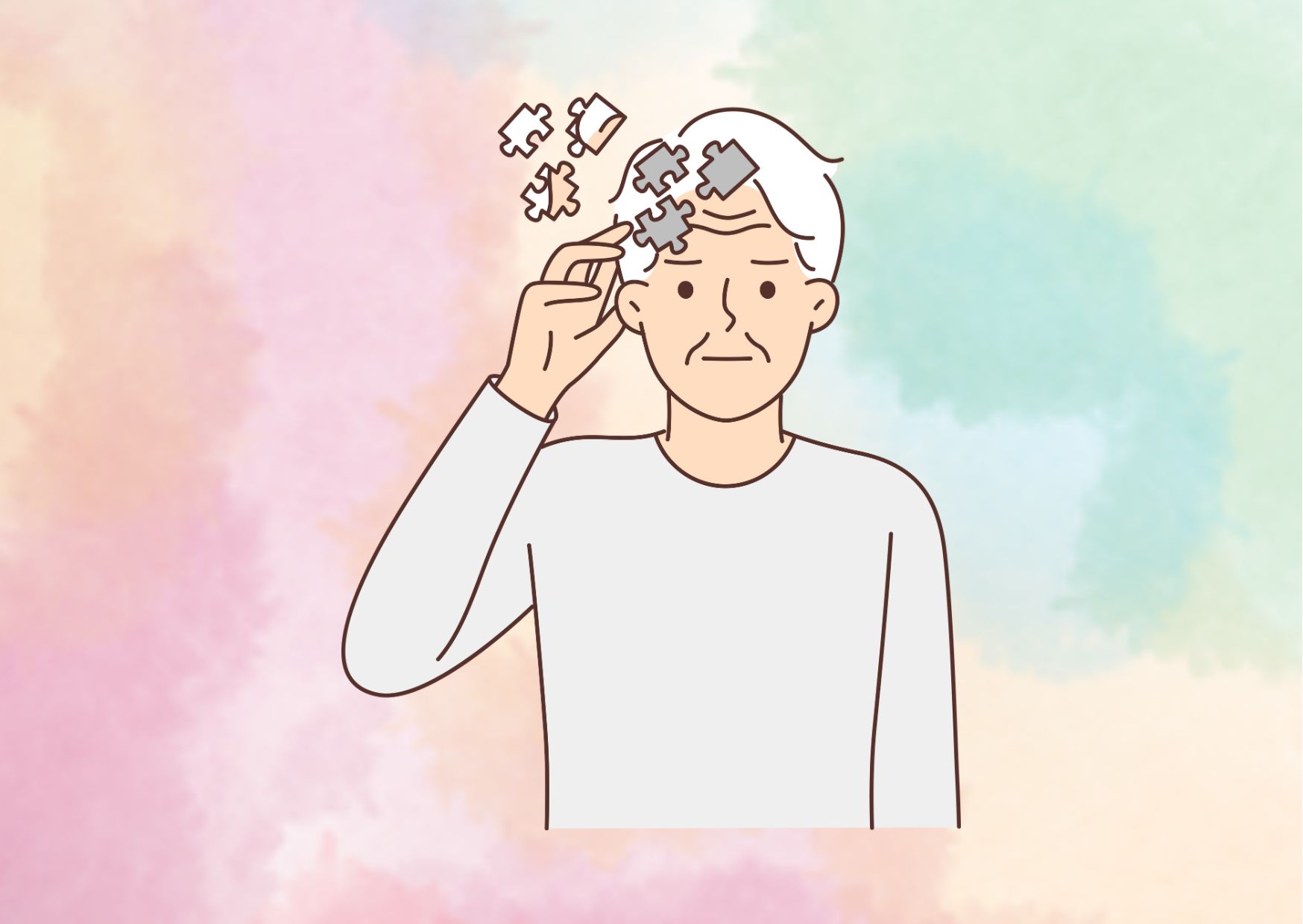7 Stages of Lewy Body Dementia
Stage 1: Early Symptoms of Lewy Body Dementia
The first stage of Lewy body dementia is characterized by early symptoms that can be difficult to recognize. Individuals may experience mild confusion, memory difficulty, and behavior changes. Changes in sleep patterns, such as difficulty falling asleep or staying asleep, and vivid dreams are common. Physical symptoms like tremors, stiffness, and slowed movement may also be present.
It is important to note that these symptoms can be similar to those of other conditions, such as Alzheimer’s or Parkinson’s. Therefore, seeking medical advice is crucial if you or a loved one are experiencing any of these symptoms. Early diagnosis and treatment can help slow the progression of the disease and improve the quality of life.
Stage 2: Mild Cognitive Impairment
Stage 2 of Lewy body dementia is known as mild cognitive impairment (MCI). During this stage, individuals experience a decline in cognitive abilities, including memory, language, and problem-solving skills. Tasks that require concentration, like completing a crossword puzzle or remembering a list of items, may become challenging. Multitasking may also be difficult, and confusion can arise.
While individuals in this stage may still be able to live independently and not require assistance with daily activities, it is important to monitor for any changes in behavior or cognition. These changes could indicate further decline, and appropriate support and care should be provided.
Suggestion for read: Why Mental Health Matters
Stage 3: Mild Dementia
Stage 3 of Lewy body dementia is considered mild dementia. Individuals may experience mild cognitive decline, including difficulty with problem-solving, memory, and language. Behavior changes such as increased anxiety, depression, and apathy may also occur. While individuals may still be able to live independently and potentially work, they may require assistance with daily activities like managing finances and taking medications.
Support and understanding are crucial during this stage, as individuals may become frustrated or overwhelmed. With the right care, individuals in this stage can still lead meaningful lives.
Stage 4: Moderate Dementia
Stage 4 of Lewy body dementia is characterized by more pronounced cognitive decline. Individuals may experience difficulties with problem-solving, memory, and language. Activities of daily living, such as dressing, bathing, and eating, may become challenging. Changes in behavior, including increased agitation, confusion, and paranoia, may also be present. However, individuals in this stage may still be able to recognize family and friends and communicate with them.
Providing a supportive environment, being patient and understanding, and offering necessary resources are essential to help individuals cope with the changes they are experiencing.
Stage 5: Moderately Severe Dementia
Stage 5 of Lewy body dementia is considered moderately severe. At this stage, individuals may experience a decline in their ability to communicate and perform daily activities. Confusion, disorientation, and difficulties with problem-solving may worsen. Recognizing family and friends may become challenging, and individuals may increasingly depend on caregivers for assistance. However, they may still be able to recognize familiar faces and objects and engage in meaningful conversations.
Assistance with activities of daily living, such as dressing, bathing, and eating, may be required to a greater extent. Providing a supportive and loving environment is crucial during this stage to ensure individuals receive the best possible care.
Stage 6: Severe Dementia
Stage 6 of Lewy body dementia is the most severe. Individuals in this stage are unable to communicate or respond to their environment meaningfully. They may be unable to recognize family and friends and depend entirely on others for their care. Physical abilities, including the ability to walk or sit up without assistance, decline significantly. Behavioral changes, such as agitation, aggression, and hallucinations, may also occur.
Despite the challenges, individuals in this stage may still experience moments of lucidity and respond to familiar voices or music. Providing a supportive and loving environment is vital, as they may still be able to experience joy and comfort.
Stage 7: End-Stage Dementia
The seventh and final stage of Lewy body dementia is end-stage dementia. This is the most severe stage and is characterized by a significant decline in cognitive and physical abilities. Individuals may experience a complete loss of memory, difficulty speaking, and challenges with basic activities of daily living. Mobility decreases, and confusion and agitation may intensify. While end-stage dementia is not a death sentence, individuals may require intensive care and support.
During this challenging time, it is important to provide the best possible care and support for individuals with end-stage dementia. Ensuring a comfortable and loving environment can make a significant difference in their well-being.
Conclusion
Understanding the seven stages of Lewy body dementia is crucial for individuals and their caregivers. While the progression of symptoms may vary from person to person, having knowledge of the stages can help guide appropriate care and support. Seeking medical advice and exploring available resources, such as online counseling and therapy, can provide valuable assistance in managing the challenges associated with Lewy body dementia. Prioritizing mental health and well-being is essential for both individuals and their caregivers.
At Inquire Talk, we understand the significance of mental health and well-being in relationships. Seeking professional help through online therapy and psychotherapy can provide valuable support in managing stress and promoting emotional well-being. Whether you need guidance on maintaining work-life balance or managing conflicts, our online counseling services can provide the assistance you need. Prioritize your mental health and well-being in your professional and personal life.
Here are few certified therapists who you can get in touch and book a therapy session with:
Una d’Aragona
Sharan Thiara
Hal M.
